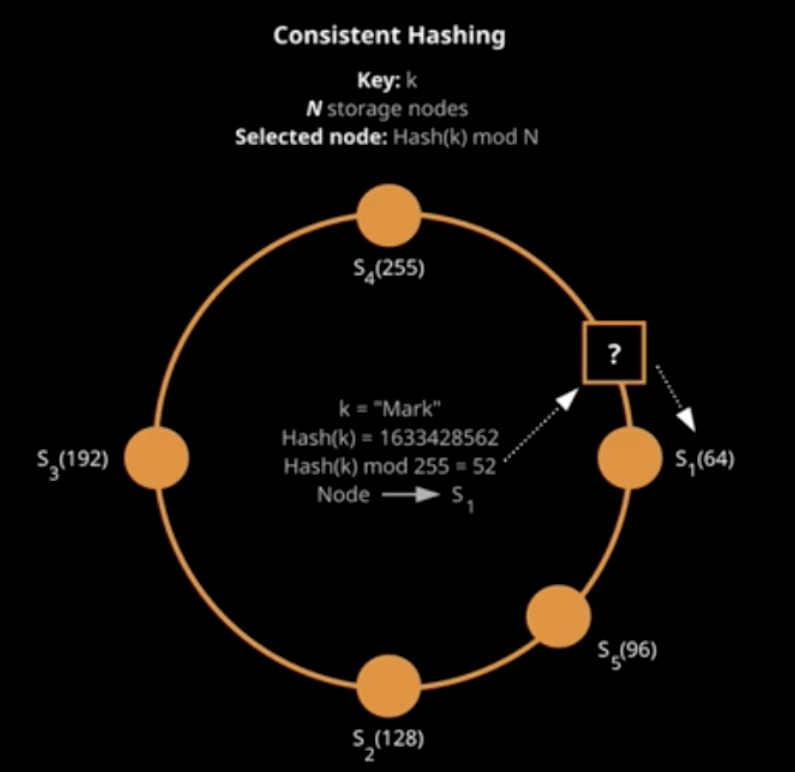

- #AWS DYNAMODB CLIENT NODE BATCHWRITE HOW TO#
- #AWS DYNAMODB CLIENT NODE BATCHWRITE CODE#
We can rest assured that moto will take care of mocking the calls to create this resource. The self.dynamodb is the mock DynamoDB resource that will be used for the test. resource( 'dynamodb', region_name = 'us-east-1')įrom MoviesCreateTable import create_movie_table
Import a few modules that we will be using in our tests. Now, just keep that argument in mind going in to the next steps. 
As the example shows, if no resource is provided, it attempts to make a dynamodb resource by connecting to the local address, hence the endpoint_url is set to Bascially, the function expects to have a local instance of DynamoDB running, if no resource is passed.(where the default argument value is set to None if no database resource is provided.) Note that this function takes an argument dynamodb.This function creates the DynamoDB table ‘Movies’ with the primary-key year (partition-key) and title (sort-key).
#AWS DYNAMODB CLIENT NODE BATCHWRITE HOW TO#
We’ll use 3 of the DynamoDB functions shown in the example.īefore we start, we need to think of how to structure them. The Python and DynamoDB examples used in the AWS documentation is a good reference point, so we can start writing some tests for a few functions.
#AWS DYNAMODB CLIENT NODE BATCHWRITE CODE#
The goal is to share a general idea of how to approach to writing unit tests for your app code and show how to use moto library. In this post, I’ll be explaining an example of using this library to test DynamoDB operations using Python unittest. It allows you to mock AWS services so that you can run unit tests locally, with expected responses from AWS, without actually calling any services/resources on AWS. Moto is a really cool Python library that helped me a lot recently.
Tests might run slow due to latency issues. Tests might end up changing actual data or resources on a production environment. BUT if you need to save all your data, I do not advise you to use this functionality.When running tests for functions that use AWS services, we would be calling actual services/resources on AWS if we didn’t mock them. If only a small portion of your data is duplicate data and you do not need to save it, you can use this. It is batch_writer(overwrite_by_pkeys) and it is used to overwrite the last occurance of the same primary and last key in the batch. I know it's not node.js, but we used this to overcome that problem. At my job, we also had a problem that one batch contained 2 identical primary and secondary keys in the batch so the whole batch was discarded. There are more than 25 requests in the batch.Īny individual item in a batch exceeds 400 KB. Your request contains at least two items with identical hash and range keys (which essentially is two put operations). For example, you cannot put and delete the same item in the same BatchWriteItem request. You try to perform multiple operations on the same item in the same BatchWriteItem request. Primary key attributes specified on an item in the request do not match those in the corresponding table's primary key schema. If one or more of the following is true, DynamoDB rejects the entire batch write operation: One or more tables specified in the BatchWriteItem request does not exist.






 0 kommentar(er)
0 kommentar(er)
